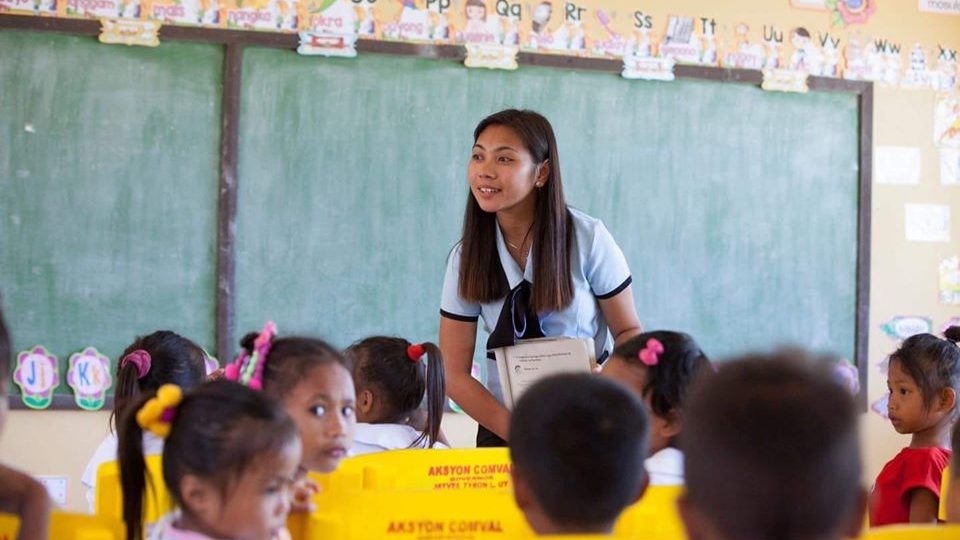Classes in the Philippines may resume as early as June if online learning is available, but “face-to-face” schooling will be pushed back until Aug. 24, Education Secretary Leonor Briones said today in a public briefing.
Last month, the country’s anti-COVID-19 task force had recommended to reopen schools in September in areas placed under general community quarantine. However, the Department of Education (DepEd) maintained that they are required by law to start the school year no later than August.
Briones reaffirmed this today, saying the early reopening is due to “an existing law which states the first week of June up to last day of August will allow the opening of schools.”
“We emphasize that when we say schools will open on August 24, it does not mean all of these activities will be face-to-face activities,” she said, adding that physical resumption of classes “shall only be allowed when the local risk severity grading permits, and subject to compliance with minimum health standards.”
Read: Education Department questions gov’t decision to push school reopening to September
Briones said that it is also eyeing flexible modes of learning including homeschooling, “depending on the local COVID Risk Severity Classification and compliance with the minimum health standards.”
The entire country is currently under two types of lockdown: the enhanced community quarantine imposed on Metro Manila and other areas with high COVID-19 cases where only essential workers are allowed to leave the house; and the general community quarantine, which allows for the resumption of classes subject to health guidelines imposed by the country’s anti-COVID-19 task force.
Briones added that save for online activities, all school events that required students to gather publicly will be canceled.
“We regret to say that the activities of DepEd which will require national participation and are guaranteed crowd-drawers will be canceled in the meantime. These are science fairs, showcase of portfolios for those who are in the arts, trade fairs where children display their products, and school sports [which] draw thousands of people around the country.”
Another example she cited is the annual Palarong Pambansa (“National Sports”); last year the event was held in Davao and attracted 30,000 participants.
Read: More than 7,000 delegates possibly exposed to Filipino official with COVID-19 clear quarantine
The Education Secretary said that her department is undergoing steps to make distance learning available to students who do not have access to the internet, and added that they would use text messaging if necessary.
“By distance learning, we mean all the other traditional ways by which learning has been delivered outside of face-to-face [education].[F]or example, we have noticed…that not all places in the country have access to ICT [information communications technology], or to [online] platforms. We also noticed that there are more cellphones than humans in the Philippines…so cellphones can be a medium of transmission,” she added.




